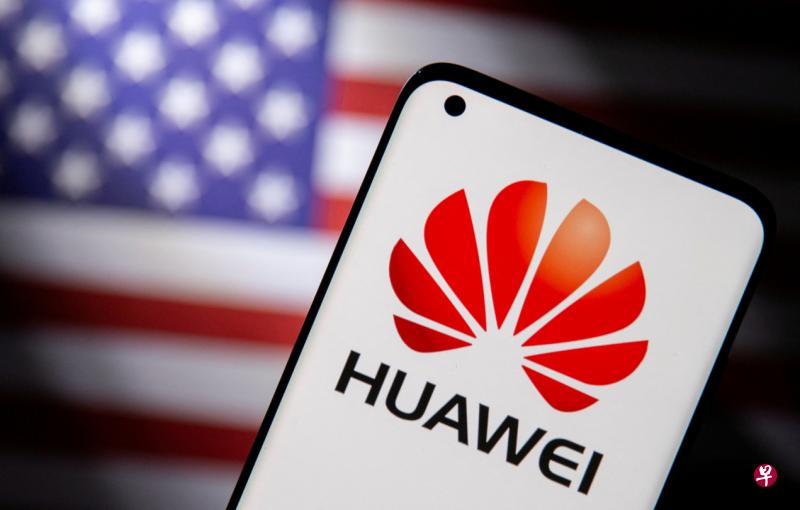
The United States Federal Communications Commission (FCC) plans to prohibit new communication equipment that sells Huawei and ZTE in the United States.If the ban is implemented, this will be the first time that the FCC is prohibited from the sales of Chinese electronic equipment on the grounds of national security.
Some analysts believe that the United States is accelerating the establishment of a "science and technology fence" to restrict the development of China's science and technology field from both ends of technology and market.
American News Website AXIOS, Reuters and South China Morning Post on Thursday (October 13) and Friday have quoted FCC internal documents and industry insiders.The ban on the ban was given to other members to do the final review.The ban has to be voted through FCC, but the report said that the ban will pass.
TheThis ban will also determine the scope of sales restrictions on video surveillance equipment involving public safety. Chinese companies Hai Nengda, Hikvision and Dahua technical materials will be affected.
A source revealed that this regulation is not traceable, which means that American companies can still sell Chinese communication equipment approved by FCC.
FCC confirmed to the media a plan to be circulated, but did not explain which companies involved.
Rosenwa Sel emphasized in a statement on Thursday: "FCC is committed to protecting our national security and ensuring that unreliable communication equipment is not authorized in the United States. We are continuing this work."
In the past three years, the FCC's restrictions on Chinese technology giants has been upgraded step by step. At the end of 2019, telecommunications operators have been banned from using government funds to purchase Huawei and ZTE equipment.In March of last year, FCC included the above five Chinese companies on the "Covered List" to determine that these companies threaten US national security.
In June of the same year, the FCC prohibited Chinese company equipment that was regarded as a national security threat to the US Telecom Network, including Huawei and ZTE.FCC said at the time that it was considering the prohibition of equipment authorization of all companies in the coverage list.
Scholars: Slowly dragging Chinese science and technology development through technology and market
The Bayeng government has accelerated its scientific and technological constraints on China since this year. U.S. President Bayeng signed a sword -pointed chip bill in August, while the US Department of Commerce announced on October 7Made in a specific semiconductor chip.
The new national security strategy released by the United States on October 12 described China as "the only competitors with the only intention to reshape the international order, as well as the increasingly strong economy, diplomacy, military, and technical forces to promote this goal"And showing that winning competition with China is a priority.
James Char, an associate researcher at the Nanyang Institute of Technology Rajelenan International Research Institute, accepted an interview with Lianhe Zaobao.The supply of advanced technology to China, on the other hand, tighten the development space of Chinese technology companies in the US market.
Cheng Xiaohe, a professor at the School of International Relations of Renmin University of China, said that the new ban that the FCC may implement is one of the "combination boxing" in the United States for China's science and technology.
Martijn Rasser, a senior researcher at the New American Security Center Science and Technology and National Security Project, told the South China Morning Post that it reflects the continuation of the Trump and Bayeng government's policy on China, highlighting the two parties in the United States to restrict the field of Chinese science and technology.Measures are widely consensus.


